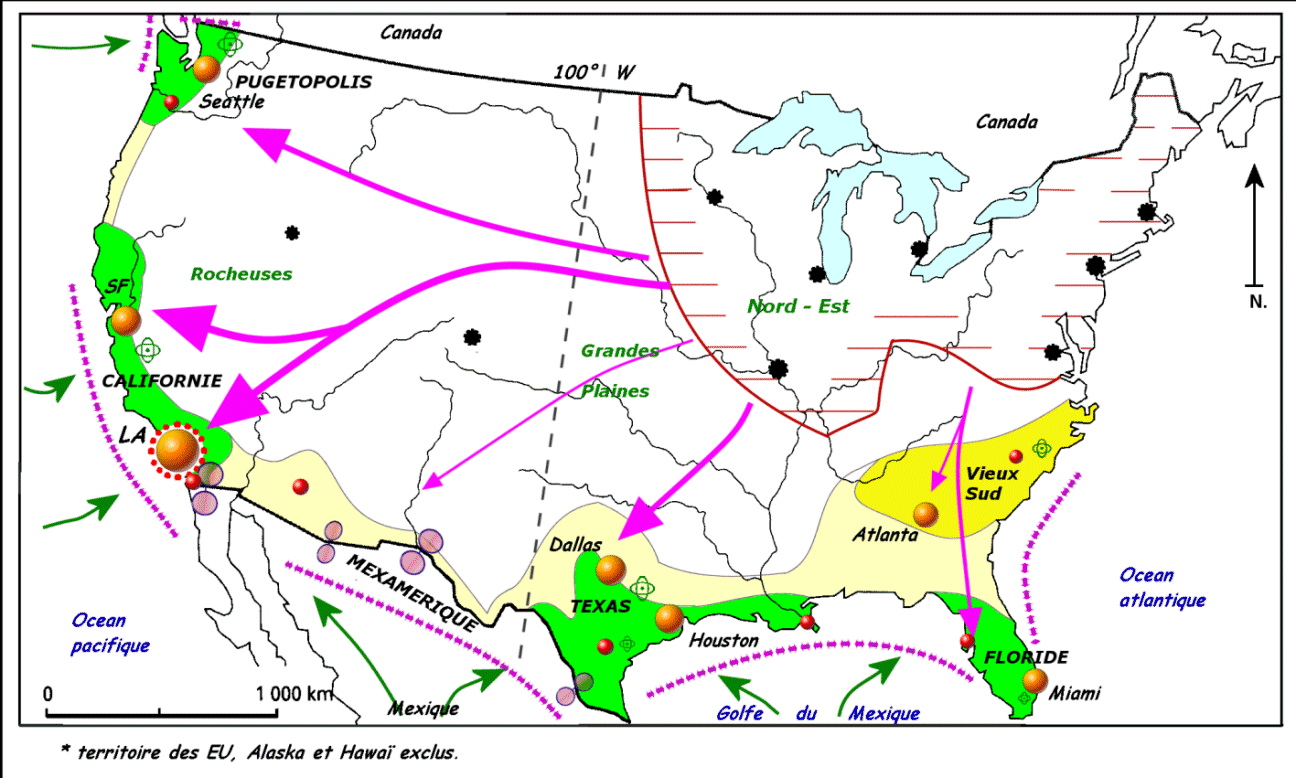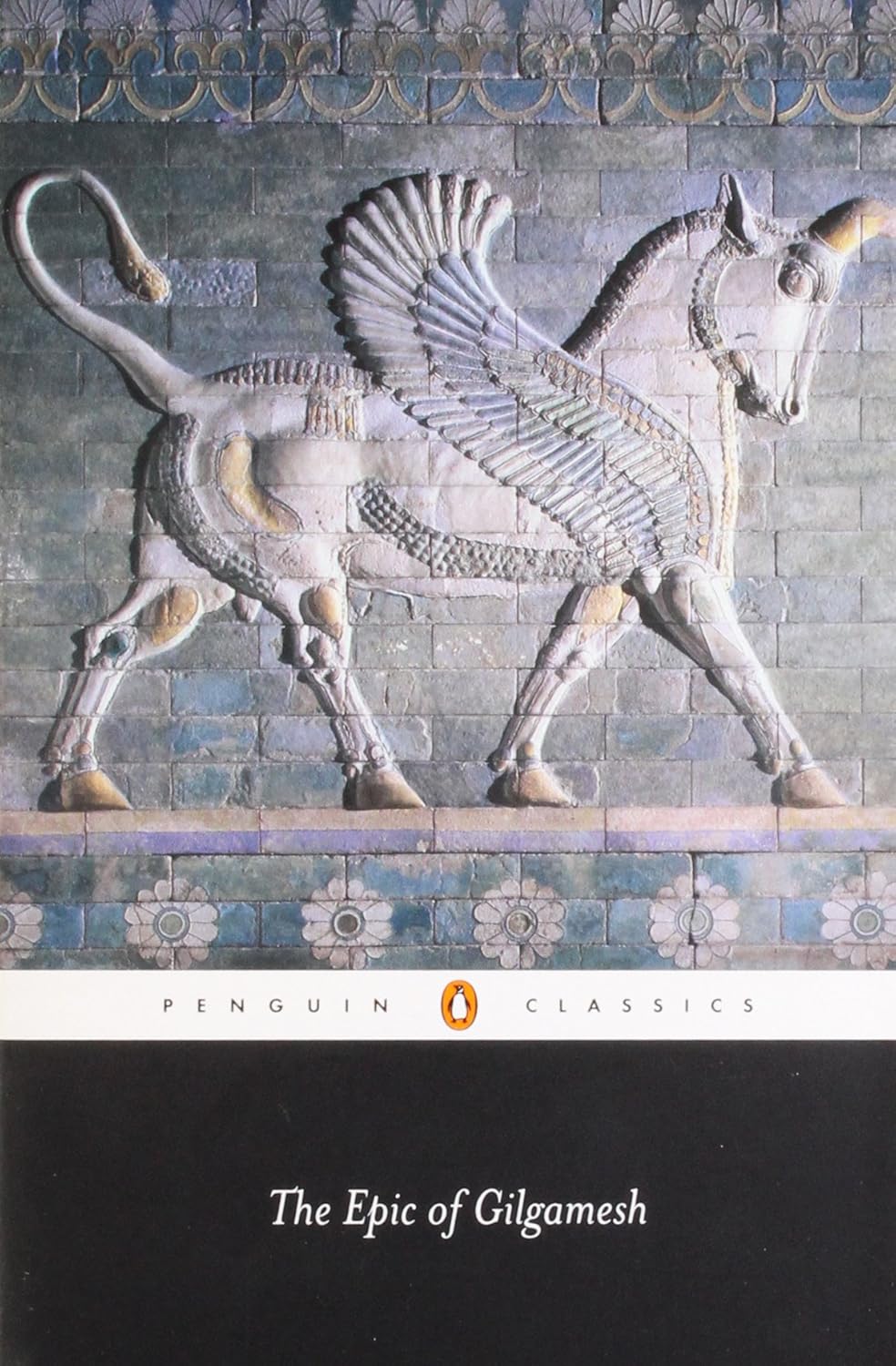Connectionism and cognitive architecture: A critical analysis.
Connectionism and Cognitive Architecture Connectionism and Cognitive Architecture: A Critical Analysis1 Jerry A. Fodor and Zenon W. Pylyshyn Rutgers Center for Cognitive Science, Rutgers University, New Brunswick, NJ ABSTRACT This paper explores the difference between Connectionist proposals for cognitive.
Brain Imaging, Connectionism, and Cognitive Neuropsychology. to adduce for a particular cognitive architecture has nothing to do with the sort of evidence one would need to adduce for a.

Connectionism and cognitive architecture: A critical analysis. Abstract This paper explores differences between Connectionist proposals for cognitive architecture and the sorts of models that have traditionally been assumed in cognitive science.
Metzler, Douglas P (1990) Connectionist and symbolic Information Processing: A Critical Analysis and Suggested Research Agenda for Connectionism from the symbolic Perspective. Technical Report. School of Library and Information Science, University of Pittsburgh, Pittsburgh, PA.

The lowest level of cognitive architecture is the most familiar; it is what cognitive scientists think of when they think of architecture at all. This section first describes the objective meaning of the lowest level, as articulated by Marr and others, and then describes its subjective meaning.

Recommended Reading. Cognitive science is a large field that can be very daunting to begin research in. This list is an attempt to map out both key and entry-level texts in various sub-fields of the subject; please note that these dividing topics are vague at best, with much overlap between them!

Connectionism, Realism, and realism - Volume 11 Issue 3 - Stephen P. Stich.

This thesis consists of three essays in the philosophy of mind. Essay 1 contains an argument against functionalist theories of consciousness. The argument exploits an intuition to the effect that parts.

Connectionism, Psychology and Science. to produce woolly-headed reports and essays in the connectionist vocabulary and style.. Connectionism and cognitive architecture: A critical analysis. Cognition, 28, 3-71. Frijda, N.H. (1967) Problems of computer simulation. Behavioral Science, 12, 59-67.

Their argument takes the following form: (1) the cognitive architecture is Classical; (2) Classicalism and Connectionism are incompatible; (3) therefore the cognitive architecture is not Connectionist. In this essay I argue that Fodor and Pylyshyn's defenses of (1) and (2) are inadequate.

Abstract. Recent excitement over the emergence of connectionism as a theory of the brain has been muted by a powerful critique advanced by Jerry Fodor and Zenon Pylyshyn (1988). The position which they develop assumes that an acceptable account of brain structure must be able to sustain an appropriate model of cognitive function.

Mental States and Connectionism by Deepesh Raj (Y7134) “Connectionism is a set of approaches in the fields of artificial intelligence, cognitive psychology, cognitive science, neuroscience and philosophy of mind, that models mental or behavioral phenomena as the emergent processes of interconnected networks of simple units.

In the late 1980s, there were many who heralded the emergence of connectionism as a new paradigm one which would eventually displace the classically symbolic methods then dominant in AI and Cogniti.



